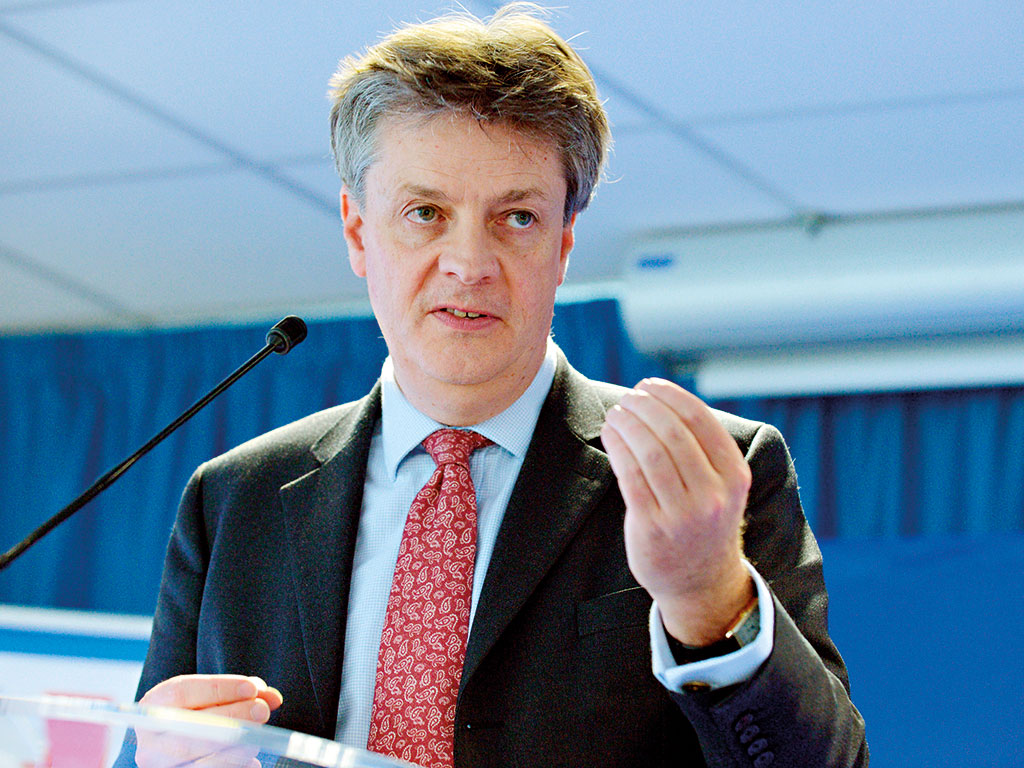
The global financial crisis has acted as a catalyst for greater European integration. It has forced member states to confront the fact that the only way out of the economic mess they find themselves in is to remove regulatory red tape and harmonise their administrative environments, as the EU, economically speaking, is still highly fragmented, impeding growth when it is needed most.
So far, the Single Market Act has helped remove some of these barriers, particularly in regard to the free movement of goods and services, but capital markets, when compared with other developed economies, remain hugely underdeveloped.
The situation in the UK makes it difficult, perhaps even impossible, for Commissioner Hill to propose an ambitious vision of the capital markets union
Inaction plan
To address this problem, the European Commission plans to construct a capital markets union (CMU) to make it easier for businesses and infrastructure projects across the 28 member states to access the funding they need to expand and create jobs. “[Within the EU] we have a very bank-dominated system, and that has provided more disadvantages than advantages, so there is a pretty compelling economic argument that we would gain from more capital markets development”, explained Nicolas Véron of the Peterson Institute for International Economics.
“In the European context, capital markets development and cross-border integration go hand-in-hand, because if you have fragmented capital markets, you don’t have critical mass.”
On September 30, the Commission adopted an action plan, which laid out the specific measures that must be taken to achieve a true single market for capital in Europe. But, while the concept of a CMU has the potential to significantly impact how capital is channelled to European businesses and infrastructure, some have accused the initiative of being a little lacklustre. “The Commission could have been a bit more ambitious, because the key point is to restore the confidence of investors”, said Guillaume Eliet, managing director of regulation policy at AMF, in an interview with the Financial Times. “There should be a regulated entity to manage the vehicle in the interests of investors at every step, and to make sure there is no conflict of interest”, he added.
Uphill battle
The man tasked with devising the CMU is the former leader of the House of Lords, Jonathan Hill. The decision by Commission President Jean-Claude Juncker to appoint him as the EU’s financial services chief is interesting for a number of reasons. For starters, the appointment is a way for the EU to acknowledge the UK’s role as the hub of European capital markets, and acts as a gesture of goodwill towards a country that has mixed feelings about its membership of the political and economic union. In fact, in a recent YouGov poll, 40 percent of UK citizens were in favour of leaving the EU, compared with 38 percent voting to stay put.
Not only that, but the appointment is controversial, because it remains to be seen if Hill will act in the European interest as per his mandate, or will be more concerned with domestic interests, especially with the UK’s in-out referendum coming up in 2017. “Hill is, of course, more attuned to the debate in the UK, but [the referendum] is a major challenge for the EU too”, explained Véron.
“It constrains him enormously, because even though the capital markets union is popular in the UK, with both Cameron and Osborne having hailed it as a great project, along with members of the City, the truth is, if you really want something that has impact in terms of cross-border integration, then you need to think about more than rules harmonisation. You also need credible enforcement that ensures that the rules are implemented in a compatible way from one member state to another. That very quickly goes into issues of sovereignty, and there is a huge amount of sensitivity about this in the UK right now. So the truth is that the situation in the UK makes it difficult, and perhaps even impossible, for Commissioner Hill to propose an ambitious vision of the capital markets union.”

